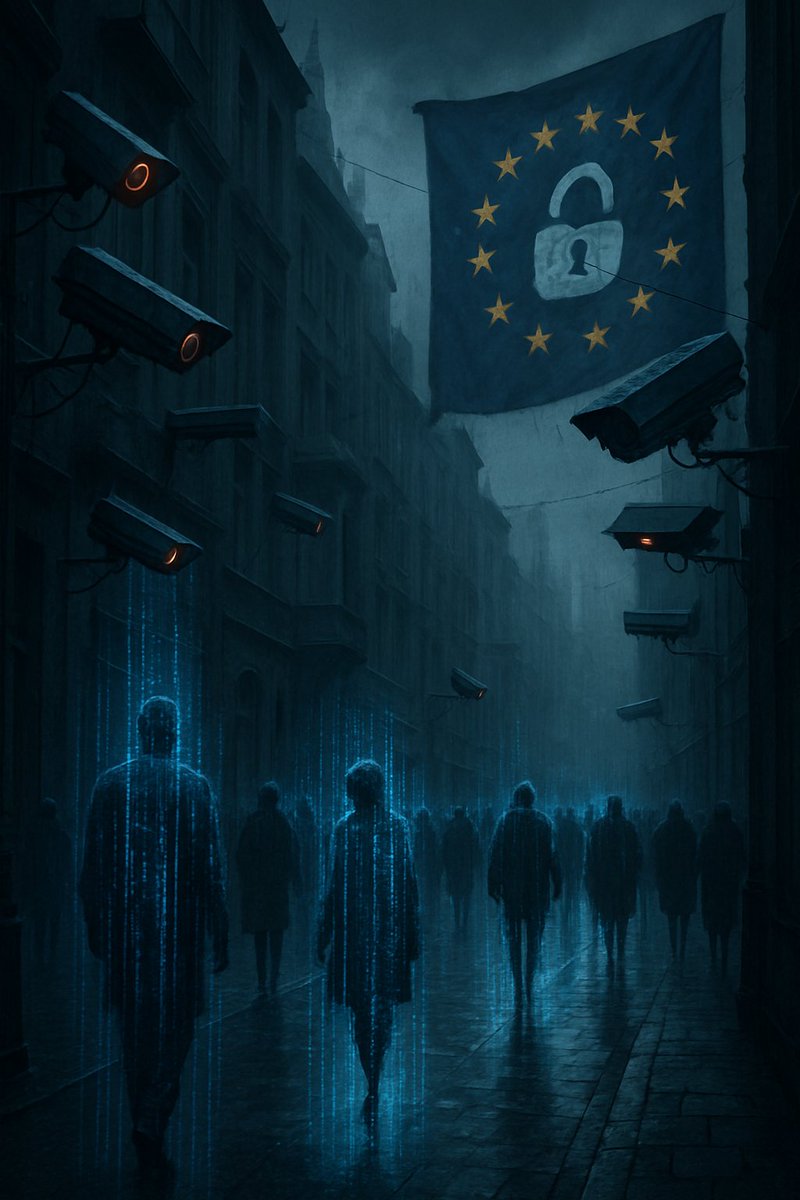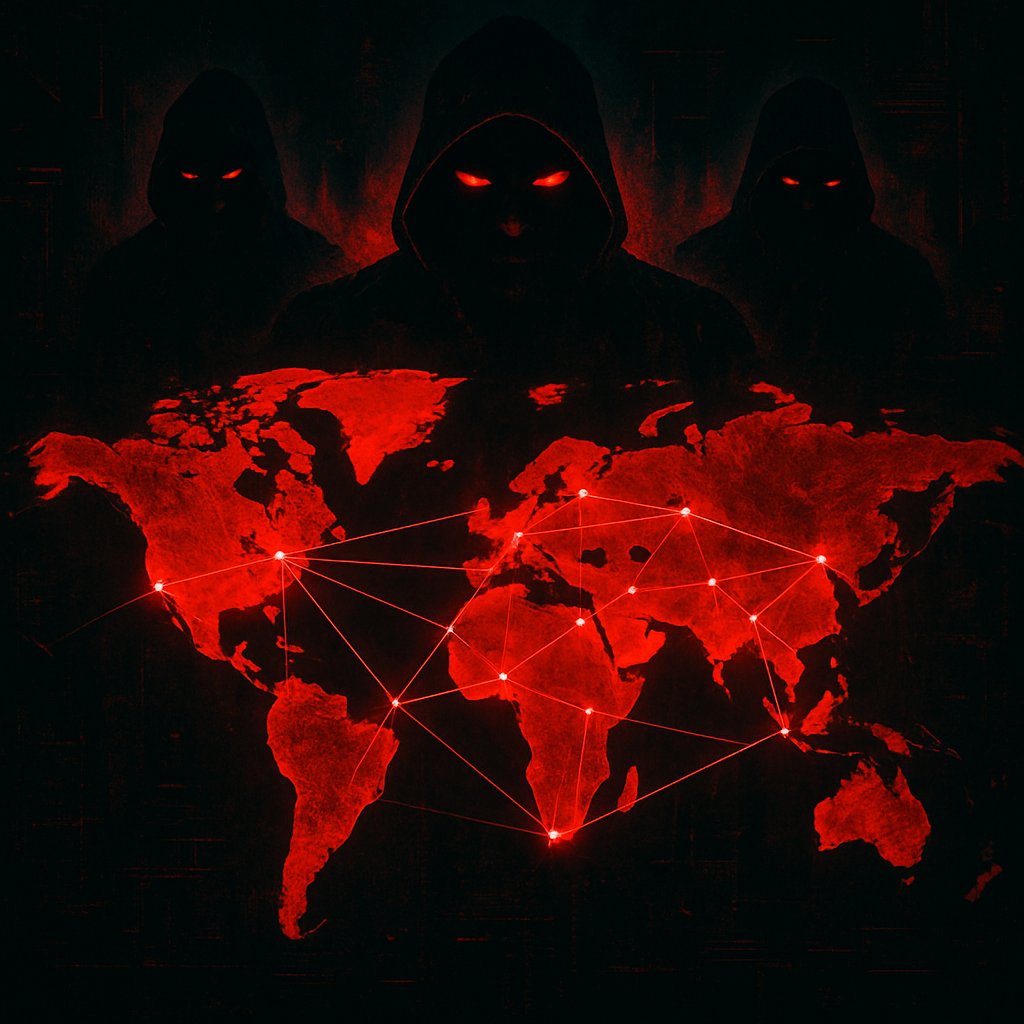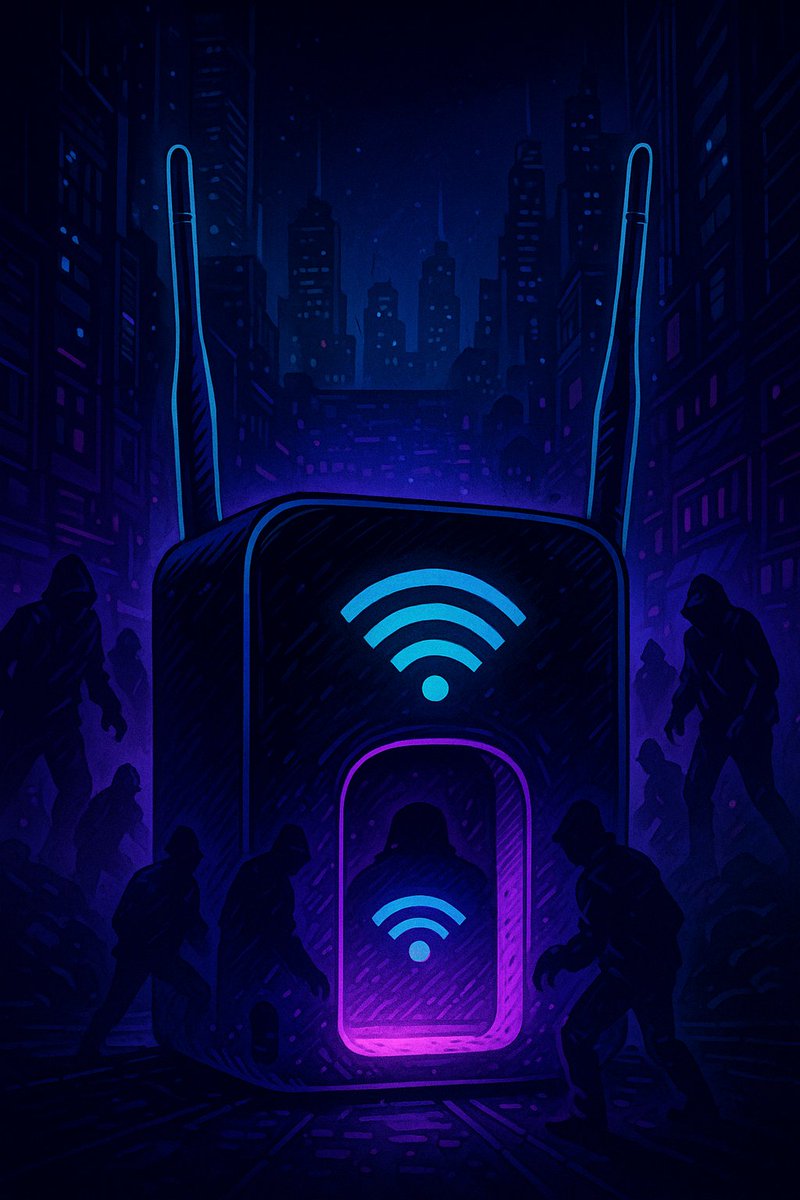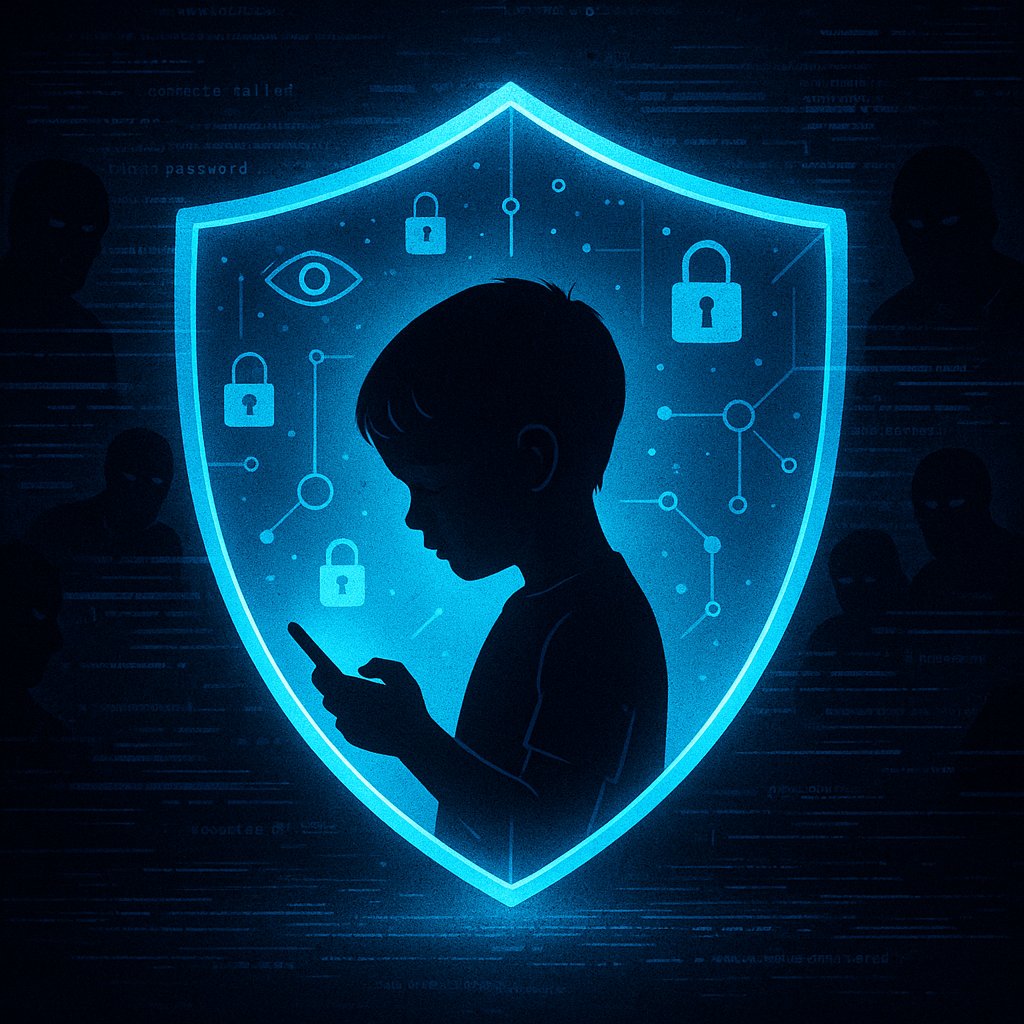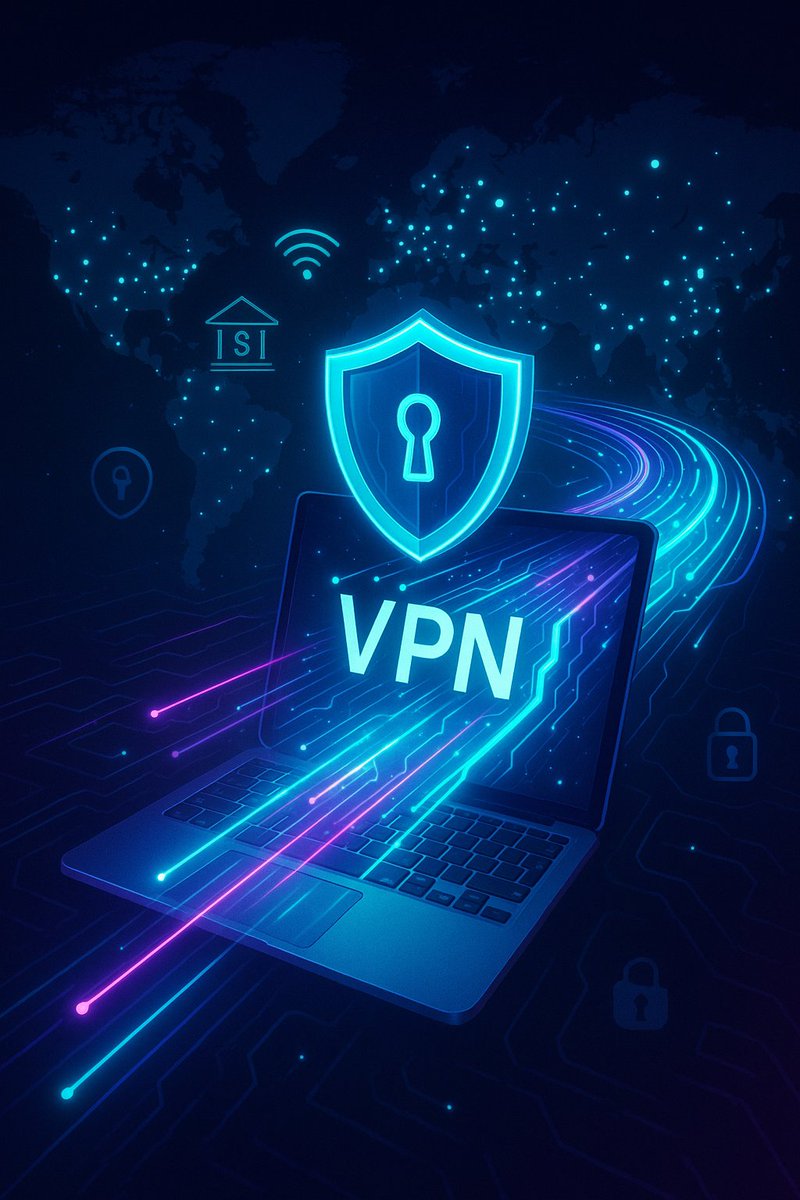YouTube starts guessing your age with AI.
If it’s wrong, you’ll have to hand over your ID or credit card.
This isn’t a mistake, it’s the start of mandatory digital identity.
In this thread, I’ll show you how to protect yourself… and alternatives to YouTube.
Keep reading if you want to stay private
If it’s wrong, you’ll have to hand over your ID or credit card.
This isn’t a mistake, it’s the start of mandatory digital identity.
In this thread, I’ll show you how to protect yourself… and alternatives to YouTube.
Keep reading if you want to stay private

The AI doesn’t ask. It watches your videos, comments, and habits.
Every click, every like… it counts to decide if you’re a minor or an adult.
If it gets it wrong, you could lose access until you show your ID.
Ask yourself: do you want this to happen to you
Every click, every like… it counts to decide if you’re a minor or an adult.
If it gets it wrong, you could lose access until you show your ID.
Ask yourself: do you want this to happen to you
Don’t want to hand your ID to YouTube?
Here are free and safe alternatives:
- Invidious: watch videos without ads or tracking
- NewPipe: Android, light and private
- FreeTube: Windows, Mac, Linux, Android, no tracking
- Libretube: Android, improved interface
- PeerTube: decentralized P2P platform
Your privacy, your rules
Here are free and safe alternatives:
- Invidious: watch videos without ads or tracking
- NewPipe: Android, light and private
- FreeTube: Windows, Mac, Linux, Android, no tracking
- Libretube: Android, improved interface
- PeerTube: decentralized P2P platform
Your privacy, your rules
Want to stay on YouTube without giving your ID?
- Use incognito mode or tracker-blocking extensions
- Clear history and cookies regularly
- Adjust privacy: turn off ad personalization and activity data
Do it now, before it becomes mandatory
- Use incognito mode or tracker-blocking extensions
- Clear history and cookies regularly
- Adjust privacy: turn off ad personalization and activity data
Do it now, before it becomes mandatory
If the AI gets it wrong, it won’t just block your account.
You might have to hand over ID, credit card, or age proof to regain access.
This isn’t the distant future. It’s happening now.
Will you wait until it happens to you?
You might have to hand over ID, credit card, or age proof to regain access.
This isn’t the distant future. It’s happening now.
Will you wait until it happens to you?
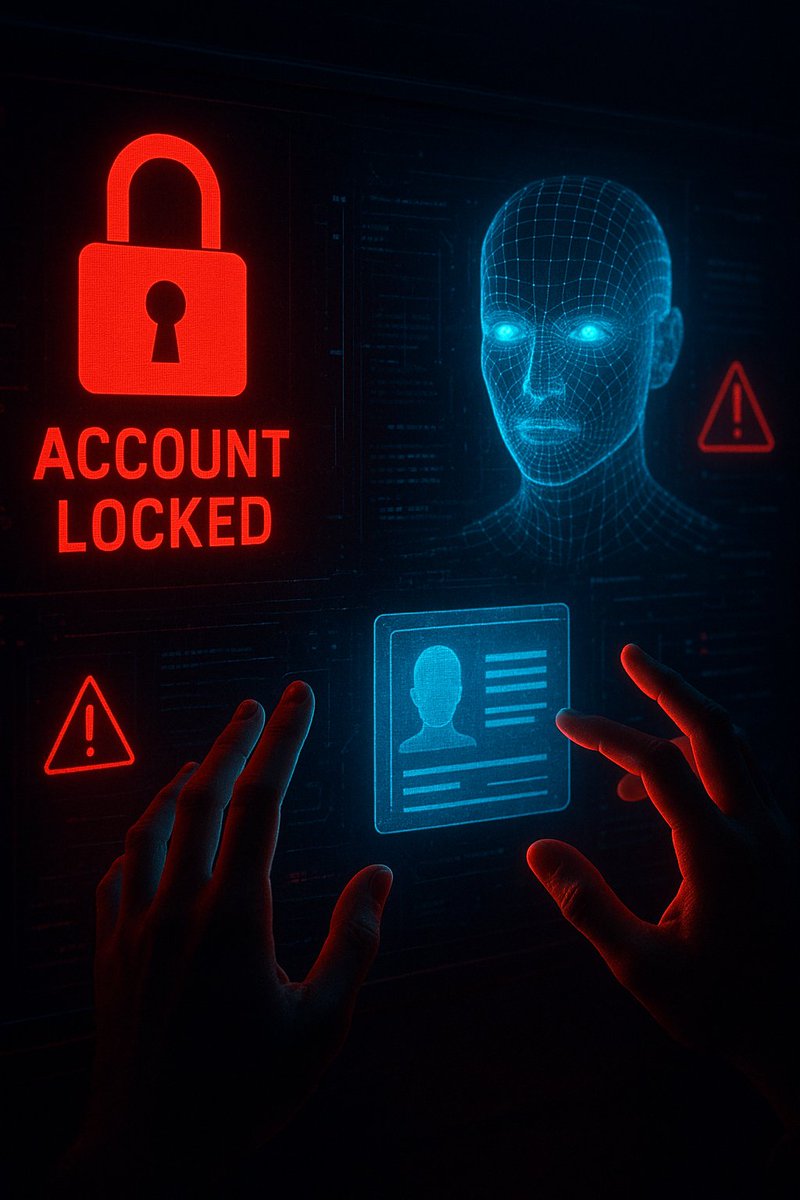
To be truly protected:
- Use reliable VPNs to hide your IP
- Switch to DNS that block tracking and ads (AdGuard, NextDNS)
- Extensions like Ghostery reduce tracking
Your privacy isn’t optional. It’s your defense against surveillance.
Share this if you care about your privacy
- Use reliable VPNs to hide your IP
- Switch to DNS that block tracking and ads (AdGuard, NextDNS)
- Extensions like Ghostery reduce tracking
Your privacy isn’t optional. It’s your defense against surveillance.
Share this if you care about your privacy
You don’t have to hand over your ID to keep watching videos.
Check out safe, open source alternatives: Invidious, NewPipe, FreeTube, Libretube, or PeerTube.
Protect your privacy and choose who you trust with your data.
Do it before it becomes mandatory.
If you care about your privacy, save this thread, comment your favorite option, and share
Check out safe, open source alternatives: Invidious, NewPipe, FreeTube, Libretube, or PeerTube.
Protect your privacy and choose who you trust with your data.
Do it before it becomes mandatory.
If you care about your privacy, save this thread, comment your favorite option, and share
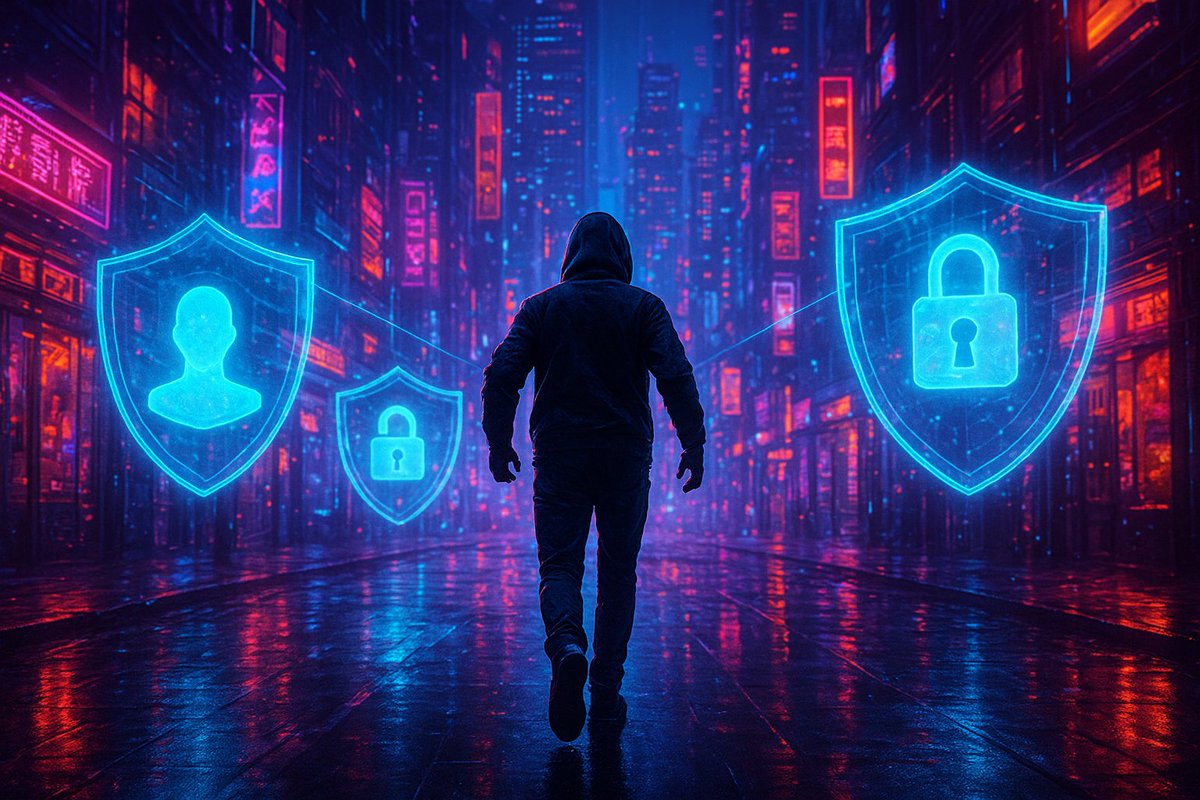
• • •
Missing some Tweet in this thread? You can try to
force a refresh



